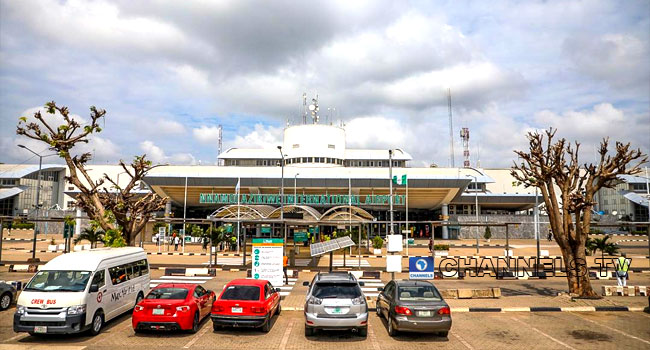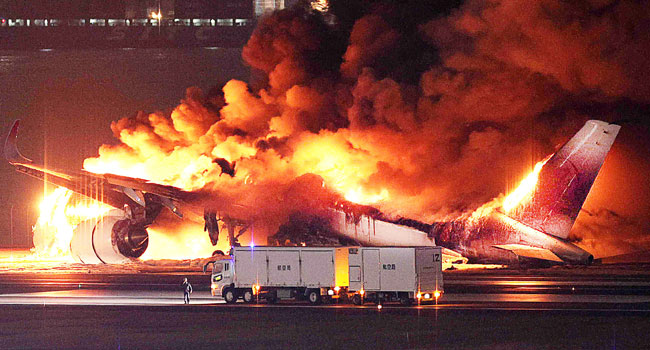
The concession of four major airports in the country is open to all qualified entities except state governments, the Federal Government has said.
Minister of Aviation, Senator Hadi Sirika, made this known as the drive for the concession of the nation’s major airports gathers momentum.
He made the remarks at a Zoom meeting held on Tuesday to update the sector on the concession plans for the four international airports.
They include Mallam Aminu Kano International Airport in Kano, Murtala Muhammed International Airport in Lagos, Port Harcourt International Airport in Rivers, and Nnamdi Azikiwe International Airport in Abuja.
Sirika explained that the decision to concession the airports was to ensure that the government was relieved of control of the aviation facilities.
He also assured industry workers, especially those of the Federal Airports Authority of Nigeria (FAAN) that no worker would lose his or her job on account of the exercise.
According to the minister, the concession is a step in the right decision as it will boost the nation’s earnings.
He disclosed that the Murtala Muhammed Airport terminals would bring investment worth over N30 billion annually, which would be aided by the construction of a rail line to link both the domestic and international terminals.
The minister, however, informed the meeting that there was an urgent need for infrastructure investments and modernisation, saying the facilities required investments in runway maintenance, among others.
“There is relatively low asset utilisation due to the limited opening hours of other smaller Nigerian airports; lack of terminal capacity as the airports fall short of gates, stands, and check-in desks.
“The airports have not been designed as international hubs but operate separate international and domestic terminals,” he said.




